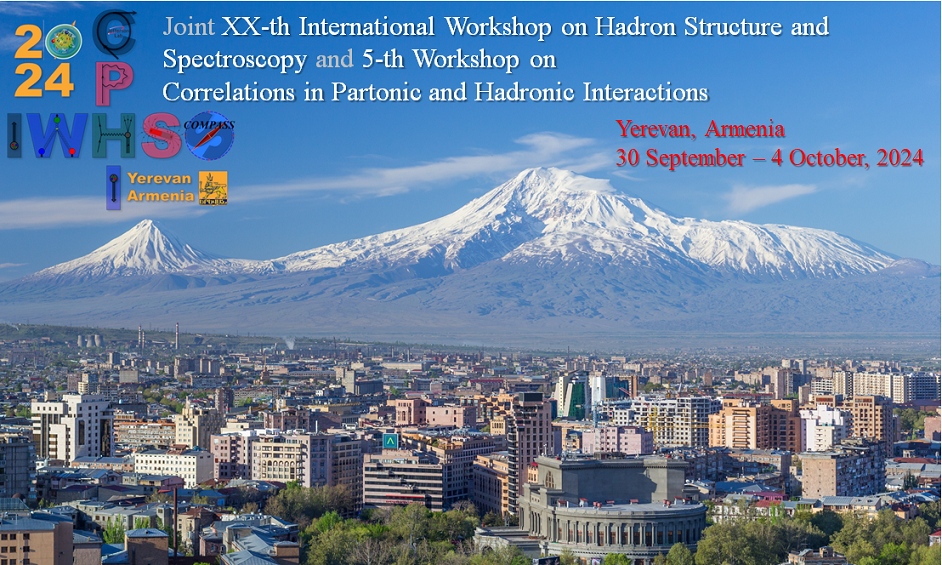I will discuss several processes involving J/psi production which would allow for the extraction of gluon TMDs in present and future experiments at the LHC and the EIC.
The Drell-Yan process is an important probe of TMD densities at high energy. In this contribution, we present the status of phenomenology based on TMDs computed in the Parton Branching Method, comparing the predictions to experimental results up to LHC energies. We demonstrate that existing measurements are sensitive to the inner proton structure and highlight the role of TMD evolution.
In this contribution, I will present a determination of unpolarised charged pion and kaon fragmentation functions (FFs) from a set of single-inclusive electron-positron annihilation (SIA) and lepton-nucleon semi-inclusive deep-inelastic scattering (SIDIS) data. The determination is carried out in a framework that combines a neural-network parametrisation of fragmentation functions with a Monte...
The status of the implementation of spin effects in the Pythia hadronization via the StringSpinner package is reviewed. The package is then used for simulations of e+e- annihilation, and the resulting Collins asymmetries for back-to-back hadrons are shown and compared with the BELLE and BABAR data. The Collins analyzing power resulting from the string+3P0 model is extracted and compared to...
In this opening talk, I will discuss the status of TMD studies, focusing on some recent developments and some open aspects
Building on the concluded study of ART23,
we provide a simultaneous fit to DY and SIDIS data,
constraining both TMDPDFs as well as TMD fragmentation functions.
I will discuss the challenges and status of the project, including (preliminary) results.
A deeper understanding of the three-dimensional structure of nucleons requires separating how different flavours contributes to transverse momentum distributions. We present an initial step in this exploration, with the latest results by the MAP Collaboration on the extraction of unpolarized quark Transverse Momentum Dependent Distributions and Fragmentation Functions from global fits of...
The main aspect of factorization relies on both the universality of the distributions as well as their interpretations as describing the internal structure of the hadrons. We present a novel approach which is best suited for hadron structure studies as it is built to both satisfy theoretic constrains originating from their operator definitions, as well as clearly demarcating the perturbative...
